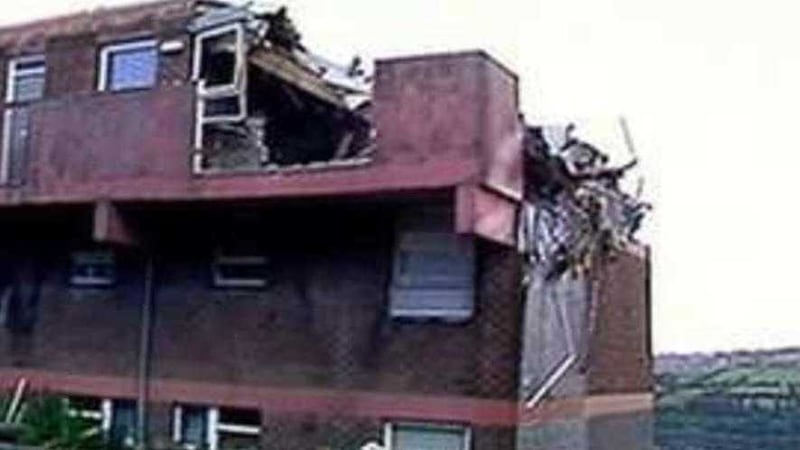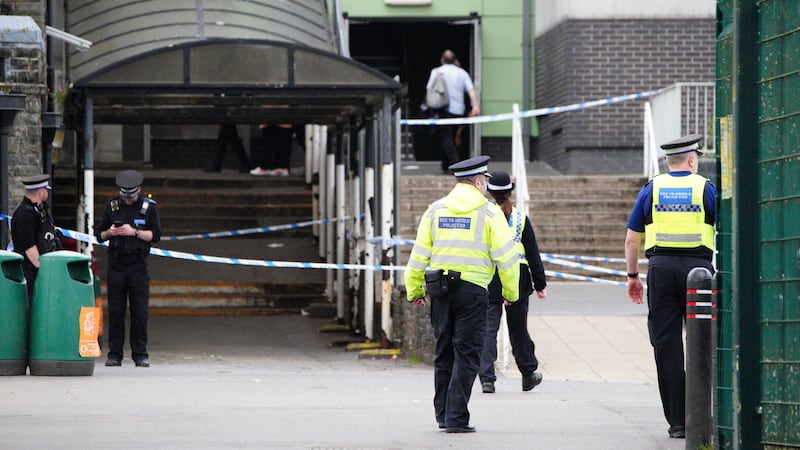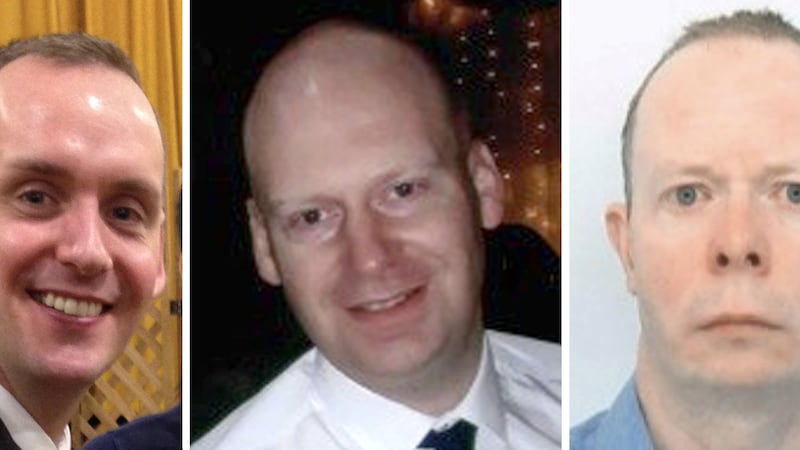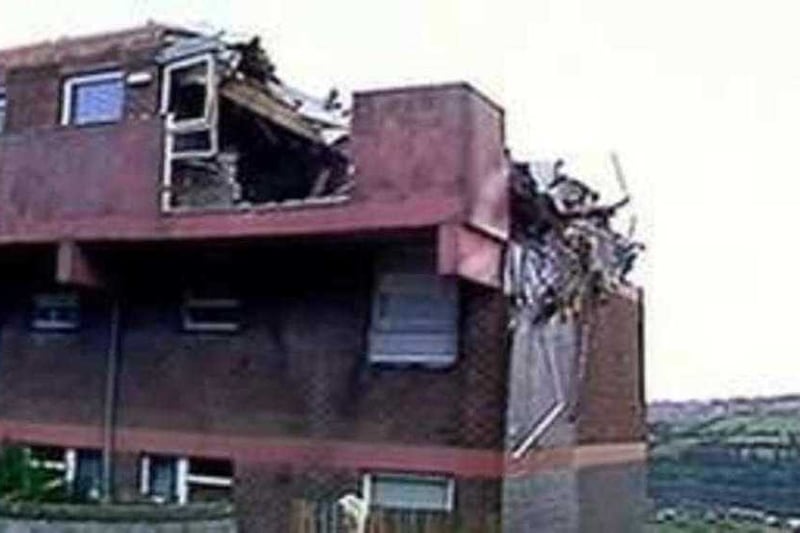A NEW inquest for a Good Samaritan killed almost 30 years ago could shed light on why police failed to warn the public about the dangers of an IRA bomb, a court has heard.
Eugene Dalton, 54, from Derry was one of three people blown up after triggering an IRA booby trap bomb targeting police and soldiers in August 1988.
His relatives are seeking leave to judicially review a decision by Northern Ireland's Attorney General John Larkin not to order a fresh inquest into his death.
Barrister Fiona Doherty QC told Belfast High Court: "This is a case where the deaths occurred under the responsibility of State agencies or bodies.
"It is clear, we say, that action could and should have been taken to prevent these deaths by the State agencies or bodies and that action was not taken."
Mr Dalton, a widower and father-of-six, was killed as he went to check on the welfare of a neighbour at a flat in the Creggan estate in August 1988.
Sheila Lewis, 68, was also killed in the explosion while Gerard Curran, 57, died seven months after being pulled from the rubble.
The incident became known as the "Good Samaritan bomb".
In 2013, a Police Ombudsman investigation found the Royal Ulster Constabulary (RUC) had sufficient information and intelligence that some sort of device had been left in the vicinity of the flat - but did not alert anybody about the threat even though the area was declared out of bounds to officers after a car used in a gun attack was abandoned and burned out nearby five days previously.
The Ombudsman said, while responsibility for the deaths rested with the people who planted the bomb, police had failed to protect the victims and the subsequent murder investigation was flawed, inadequate and incomplete.
A number of retired officers including undercover detectives refused to co-operate with the Ombudsman's investigation.
The ombudsman investigation did not find any evidence of police collusion.
A coroner in any new inquest could compel them to give evidence.
The absence of documentation and the Ombudsman's failure to speak with Special Branch officers has left many unanswered questions about the rationale for the alleged police inaction, the court heard.
Ms Doherty said: "The Police Ombudsman has come to a view that certain things could have and should have happened.
"He does not come to a view about why they didn't happen."
Also, the Ombudsman's investigation did not meet the needs of human rights legislation, it was claimed.
"Special Branch was seen as a force within a force," Ms Doherty added.
"They did not pass material that was available to them, both in cases of this nature where they could have had a preventative effect but also in the aftermath of events."
If successful, the challenge would mark the first time the decision-making powers of Northern Ireland's chief legal officer have been tested in court and could have major implications for other Troubles-related cases.
Representing Mr Larkin, barrister David Scoffield QC, said there was no obligation under human rights law to hold a new investigation.
He said: "It has been investigated; it has been looked at and there has been a finding.
"The mere fact that there are further questions that can be asked does not take the application any further."
Mr Scoffield said the refusal of police to co-operate with the Ombudsman "gave some flavour" of what could be expected at an inquest.
He added: "There is no evidence to suggest that the police officers who refused to co-operate were suppressing evidence.
"This has to be judged against the circumstances of the time.
"It was an extremely troubled time in the city."
Adjourning the case, Judge Paul Maguire said he was reluctant to rule until the Supreme Court had decided on a separate matter.
He said: "In my view that is the most sensible option.
"I do not wish to move upon leave when that one possibility is that I would refuse leave in circumstances where there is an outstanding authority which would shed light on issues."
A number of Mr Dalton's relatives were in court for the lengthy hearing.
Afterwards daughter Phyllis Keeley said: "This is another step in the process towards establishing the truth about what happened to my father."








